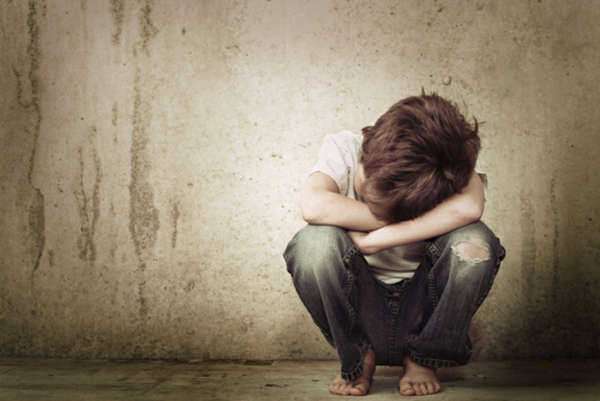Make Sure You Know About Minors and Alcohol
In the United States, while an individual is usually a
minor up until the age of 18, he or she will not be able to buy alcoholic
substances until the age of 21. This was not always the case, though. It was
not until the National Minimum Drinking Age Act of 1984 that American State officials were required to enforce laws concerning
the minimum age of purchase being 21, as opposed to 18, 19 or any other ages
that would allow minor drinkers to pay for their own drinks.

Proponents of this Act and preservation of the 21-years-of-age minimum going
forward highlight the notion that this policy saves lives by discouraging drunk
driving in older teens/younger adults. On the other hand, those people arguing
for the rights of these minors note the incongruence of allowing young people
to die by lethal injection in prison at the age of 18 or younger but not to be
able to "have a drink" until 21. For some members of this
transitional 18-21 age group, minimum drinking age requirements make them feel
like second-class citizens.
Where State
courts have the most leeway and controversy in its own right is the topic of public consumption of
beer and other alcoholic beverages by minors, with sales of alcohol to minor
children being severely limited by the nature of mandated ID checks for people
suspected to be underage (or sometimes, identification reviews for all patrons
as a standard company policy). While all states outlaw illegal acquisition of
alcohol by minors, the majority of states either have no explicit prohibition
against private underage drinking or will allow a minor to drink alcohol in the
presence of a parent or other guardian.
Even when a minor does not plan to drink, he or she may
come across some seemingly harsh standards in terms of being able to use a
facility. Especially if the plan is to visit a bar where no food is sold, intending minor drinkers may not be able to enter an
establishment unless accompanied by one or more parents, if at all. Again,
young people should prepare to show their identification upon entry.